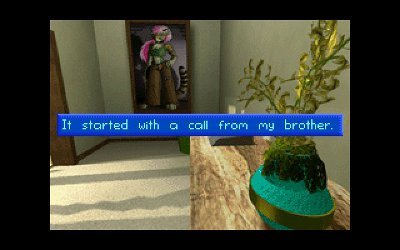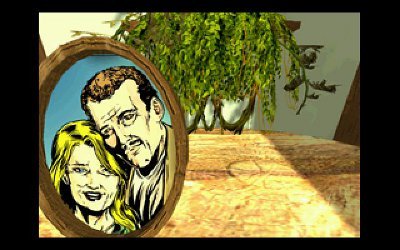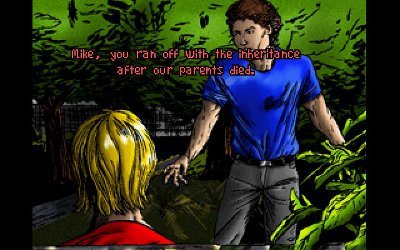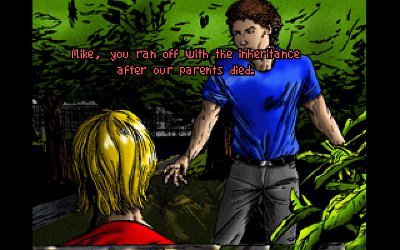Video game company Double Fine—based out of San Francisco—recently came under scrutiny for publicly pitching game ideas as part of their Amnesia Fortnight project but not including any women (or non-white men for that matter) in their slew of presenters. This was at the same time that Twitter users blew up the #1reasonwhy tag to call out sexism in the industry. Sexism, mind you, that is not surprising nor unknown. And this is naturally a problem in many fields.
One of Double Fine’s female employees put forth her thoughts on the matter:
We have a lovely forum thread discussing this, here. But I will also answer it with my own thoughts.
—-
Why? Because of a few reasons.
One, many of us were too busy (ex: I am in office admin, so my responsibilities continue into AF).
Two, many didn’t have an idea.
Three, many weren’t interested in leading a game.
You also have to understand that we, the ladies of Double Fine, don’t think of ourselves as separate from the guys. In fact, we don’t identify as “the women of Double Fine” unless we are joking around in the bathroom (man, we never run into each other there, though, it’s super weird when another lady is in the bathroom. We have two for 11 ladies) or until someone asks us questions specific to our gender, like this one. It isn’t offensive to be asked such questions, but nor is it offensive that we aren’t constantly aware of our gender and how it separates us from the guys. We are Double Fine as they are Double Fine. It isn’t that no women pitched ideas, but that 42 out of 65 employees did not, and it so happens that 11 of those 42 are of the female gender.
We aren’t disappointed. We are still making games to the degree that satisfies us, which is all we need to be doing—making ourselves happy. Tim and Justin and Isa made it absolutely clear that anyone and everyone could pitch an idea. Would you rather they send an email to the ladies requesting one of us pitch an idea? Pushing us outside our comfort zones? I think not. I hope not.
(Please note, these are my personal opinions and thoughts on the subject. I have not sat down and had long discourse with the other ladies about their views, but I know that it is the general view of the ladies, and also know that we are all confident and strong enough to kick down proverbial [maybe real?] doors if we were dissatisfied).
We are Double Fine as they are Double Fine.
The original non-rebloggable response is here.







